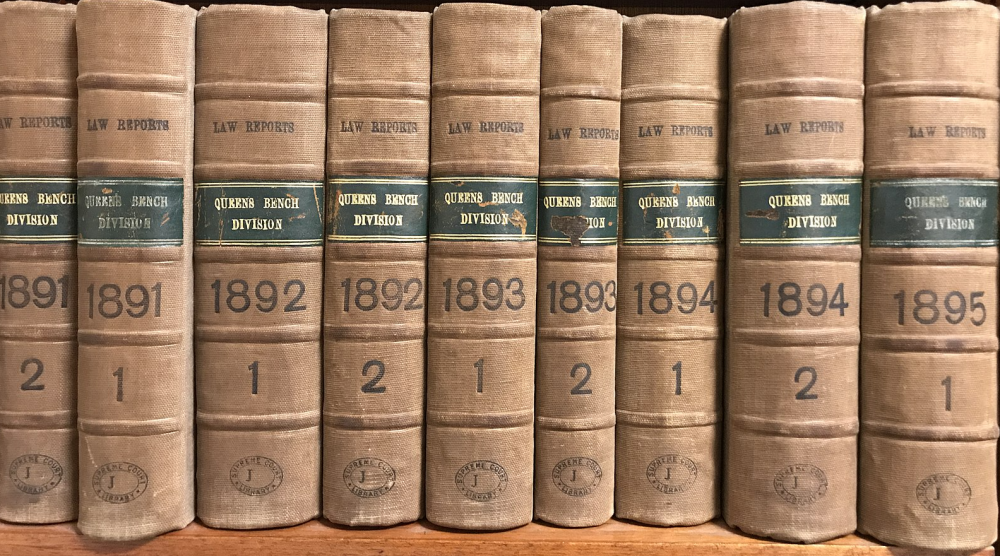Dunlop Pneumatic Tyre Co Ltd v New Garage & Motor Co Ltd: Difference between revisions
Jump to navigation
Jump to search
Amwelladmin (talk | contribs) (Created page with "{{casenote|Dunlop Pneumatic Tyre Co Ltd|New Garage & Motor Co Ltd}} '' (1915) AC 79, is a leading case on penalty clauses (bad) and liquidated damages clauses (good)....") |
Amwelladmin (talk | contribs) m (Amwelladmin moved page Dunlop Pneumatic Tyre Co Ltd v New Garage & Motor Co Ltd - Case Note to Dunlop Pneumatic Tyre Co Ltd v New Garage & Motor Co Ltd) |
||
| (4 intermediate revisions by the same user not shown) | |||
| Line 1: | Line 1: | ||
{{ | {{cn}}{{cite|Dunlop Pneumatic Tyre Co Ltd|New Garage & Motor Co Ltd|1915|AC|79}}, is a leading case on [[penalty clauses]] (bad) and [[liquidated damages]] clauses (good). | ||
Lord Dunedin had suggested the following often quoted factors: | Lord Dunedin had suggested the following often quoted factors: | ||
*if the sum stipulated for is “extravagant” and “unconscionable” in amount in comparison with the greatest loss that could conceivably be proved to have followed from the breach. | |||
*if the breach consisted only in the non-payment of money and the provision provided for the payment of a larger sum. | |||
*if the same sum is payable in a number of events of varying gravity (this is a rebuttable presumption). | |||
*A provision is not penal by reason only of the impossibility of precisely pre-estimating the true loss. | |||
Glossed over more recently by {{casenote|ParkingEye Ltd|Beavis}} and {{casenote|Cavendish Square Holdings|El Makdessi}} | Glossed over more recently by {{casenote|ParkingEye Ltd|Beavis}} and {{casenote|Cavendish Square Holdings|El Makdessi}}, which seem better fit for the kinder, gentler world we now inhabit. | ||
{{sa}} | |||
*[[Penalty clause]] | |||
*{{casenote|ParkingEye Ltd|Beavis}} | |||
*{{casenote|Cavendish Square Holdings|El Makdessi}} | |||
Latest revision as of 19:05, 19 December 2020
|
The Jolly Contrarian Law Reports
Our own, snippy, in-house court reporting service.
|
Dunlop Pneumatic Tyre Co Ltd v New Garage & Motor Co Ltd [1915] AC 79, is a leading case on penalty clauses (bad) and liquidated damages clauses (good).
Lord Dunedin had suggested the following often quoted factors:
- if the sum stipulated for is “extravagant” and “unconscionable” in amount in comparison with the greatest loss that could conceivably be proved to have followed from the breach.
- if the breach consisted only in the non-payment of money and the provision provided for the payment of a larger sum.
- if the same sum is payable in a number of events of varying gravity (this is a rebuttable presumption).
- A provision is not penal by reason only of the impossibility of precisely pre-estimating the true loss.
Glossed over more recently by ParkingEye Ltd v Beavis and Cavendish Square Holdings v El Makdessi, which seem better fit for the kinder, gentler world we now inhabit.
